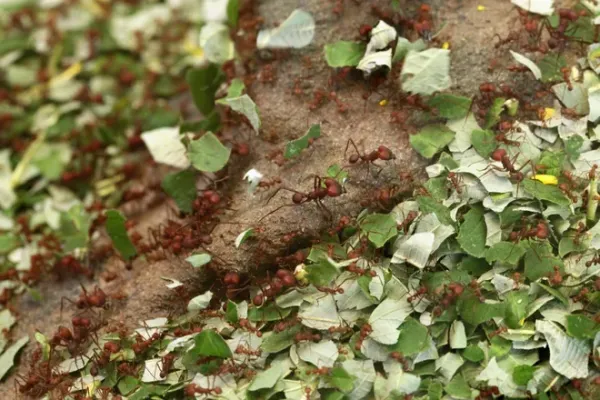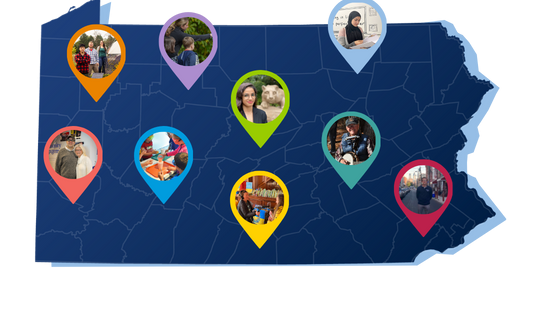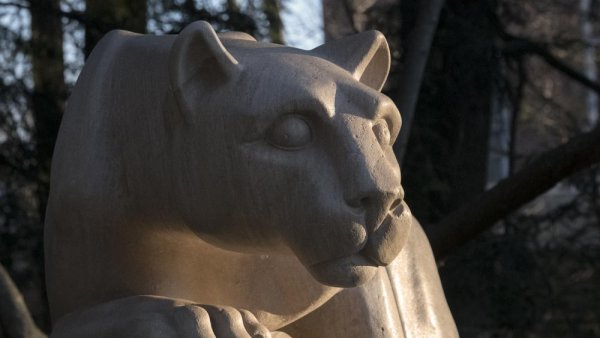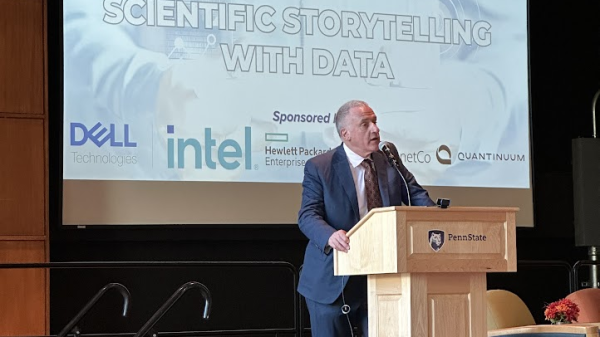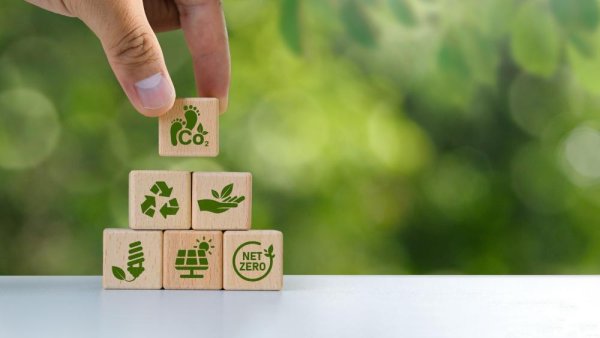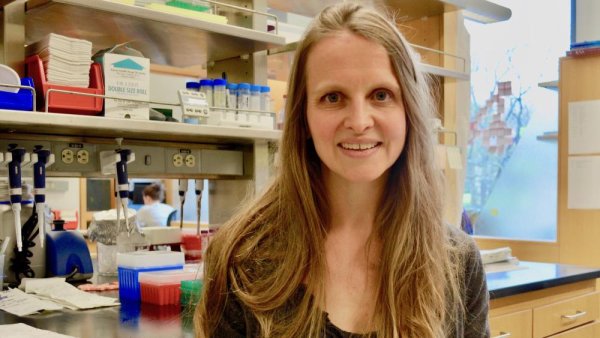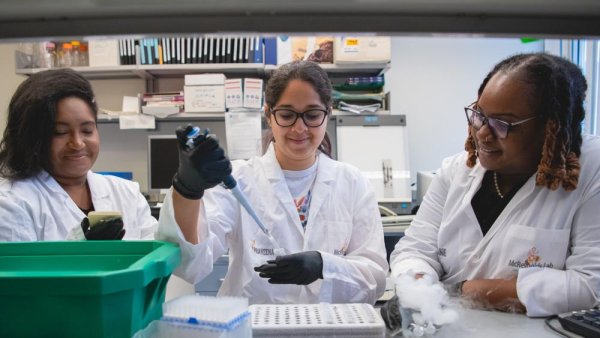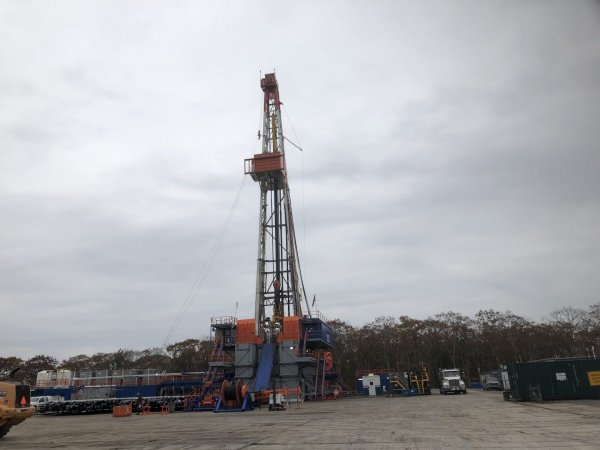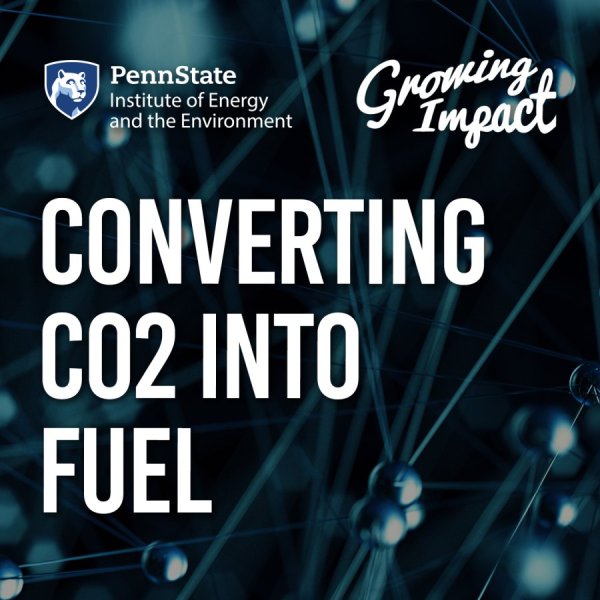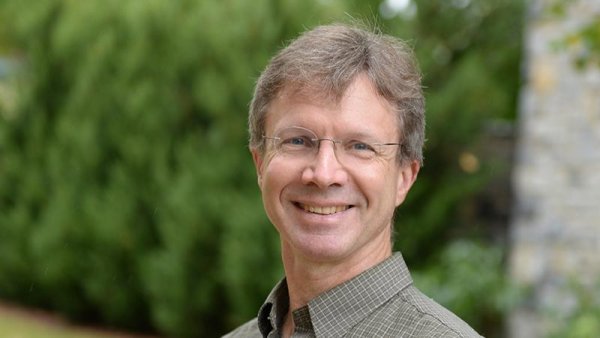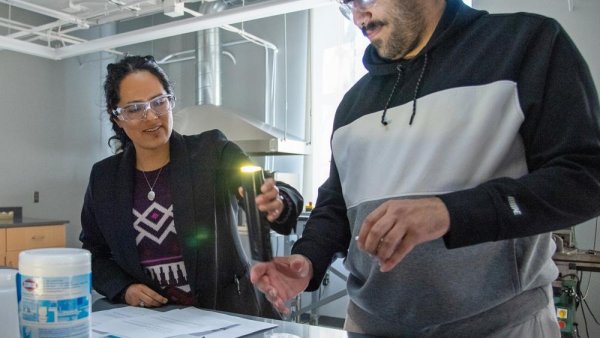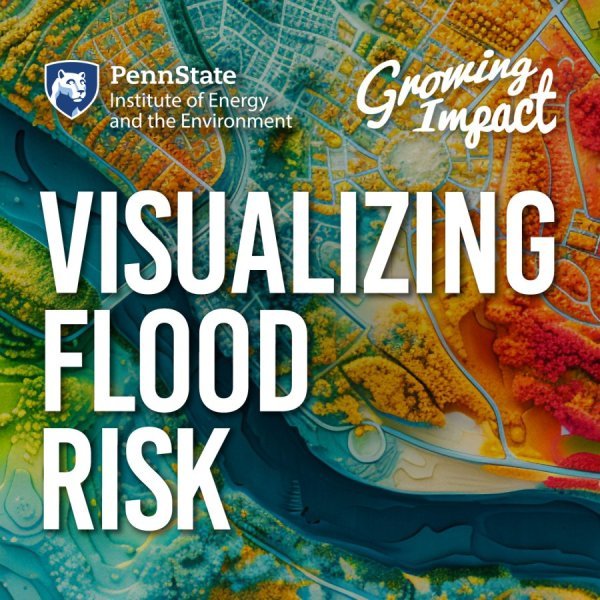Rake it or leave it? What gross stuff may be hiding under those piles on your lawn?
| usatoday.com
The great debate on whether or not to rake leaves erupts each fall. When considering your options, remember what could be hiding under those piles. This article mentions Penn State research.
University-wide call to submit activities to the Community Impact Map by Oct. 15
| psu.edu
All campuses, colleges and other Penn State units are invited to submit activities to the Penn State Community Impact Map by Oct. 15 to be part of the map when it officially launches later this fall.
12 Penn State faculty receive U.S. Fulbright Scholar Awards for 2024-25 year
| psu.edu
Twelve Penn State faculty members received Fulbright Scholar Awards for the 2024-25 academic year, according to the Fulbright U.S. Scholar Program. An additional four faculty members have been named Fulbright Specialist Award recipients.
ICDS Day seeks to amplify synergy for interdisciplinary research opportunities
| psu.edu
The Penn State Institute for Computational and Data Sciences is hosting their annual event that aims to bring together faculty, students and industry professionals to foster innovation and interdisciplinary collaboration, ICDS Day MMXXIV: Shaping the Future of Penn State's Digital Research, on Oct. 23.
USDA to fund analysis of how U.S. businesses approach decarbonization
| psu.edu
A team of researchers, led by two Penn State agricultural economists, will receive $650,000 over three years to study why, how and where U.S. businesses are developing and adopting renewable energy sources — a process known as decarbonization — and how these decisions could affect rural communities.
Amie Boal named Nicholas and Gelsa Pelick Family Chair in Science
| psu.edu
Amie Boal, professor of chemistry and of biochemistry and molecular biology, has been named the Nicholas and Gelsa Pelick Family Chair in Science.
'Growing Impact' explores using catalysts to convert CO2 into valuable products
| psu.edu
The latest episode of "Growing Impact" explores how researchers are using advanced computation to design catalysts that can accelerate the process of converting carbon dioxide into useful products.
Andrew Read to host town hall focused on Penn State’s research enterprise
| psu.edu
The Penn State community is invited to attend an upcoming town hall conversation hosted by Penn State Senior Vice President for Research Andrew Read and other leaders on Oct. 14 from 3:30 to 4:30 p.m.
Fracking in Pennsylvania hasn’t gone as well as some may think
| stateimpact.npr.org
With all the talk of fracking in Pennsylvania during this presidential race, it’s worth looking at what is at stake for workers, leaseholders and residents who live near oil and gas operations. One quick but important reality check — a president cannot ban fracking in Pennsylvania. Only an act of Congress can prohibit fracking on a national level on private and state land, which is where fracking occurs in Pennsylvania.
Growing Impact: Converting CO2 into fuel
| Featuring Nelson Yaw Dzade
Carbon dioxide (CO2) is abundant and stable, making it difficult to convert into something useful without a lot of energy. Researchers are using advanced computational modeling to find a catalyst that can efficiently transform CO2 into valuable products. This could turn CO2 from a climate issue into a valuable resource.
Atmospheric, climate researcher named IEE 'Person of the Year'
| psu.edu
Kenneth Davis, a professor of atmospheric and climate science in the Penn College of Earth and Mineral Sciences, has been named the Institute of Energy and the Environment's Person of the Year for 2024. He was selected from nominations submitted by the Penn State community.
New MatSE Safety Fund to support safety training for students, labs
| psu.edu
In the vast and varied research that comes out of the Department of Materials Science and Engineering (MatSE) at Penn State, there’s one thing that’s even more important than discovery: lab safety. Making the department a leader in laboratory safety has been a focus since the mid-2000s with the creation of the MatSE Safety Awareness Organization. Since then, the group has been working with faculty, staff, students and industry partners to keep labs safe while ensuring students enter the workforce with stellar safety practices.

